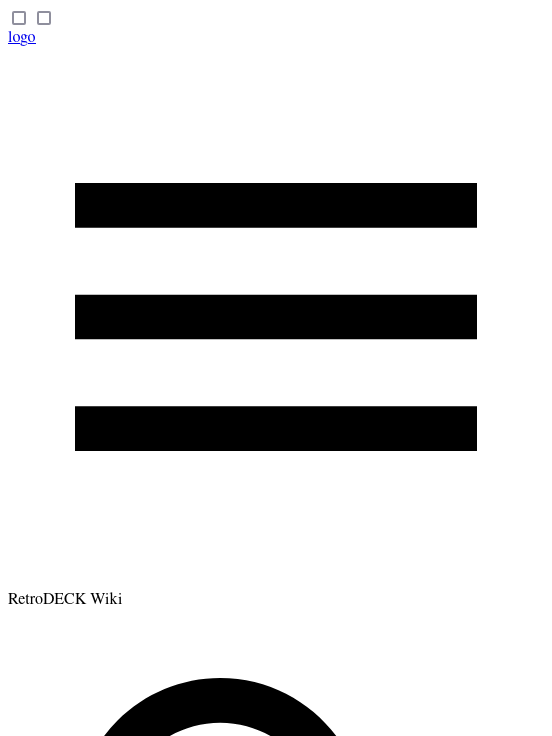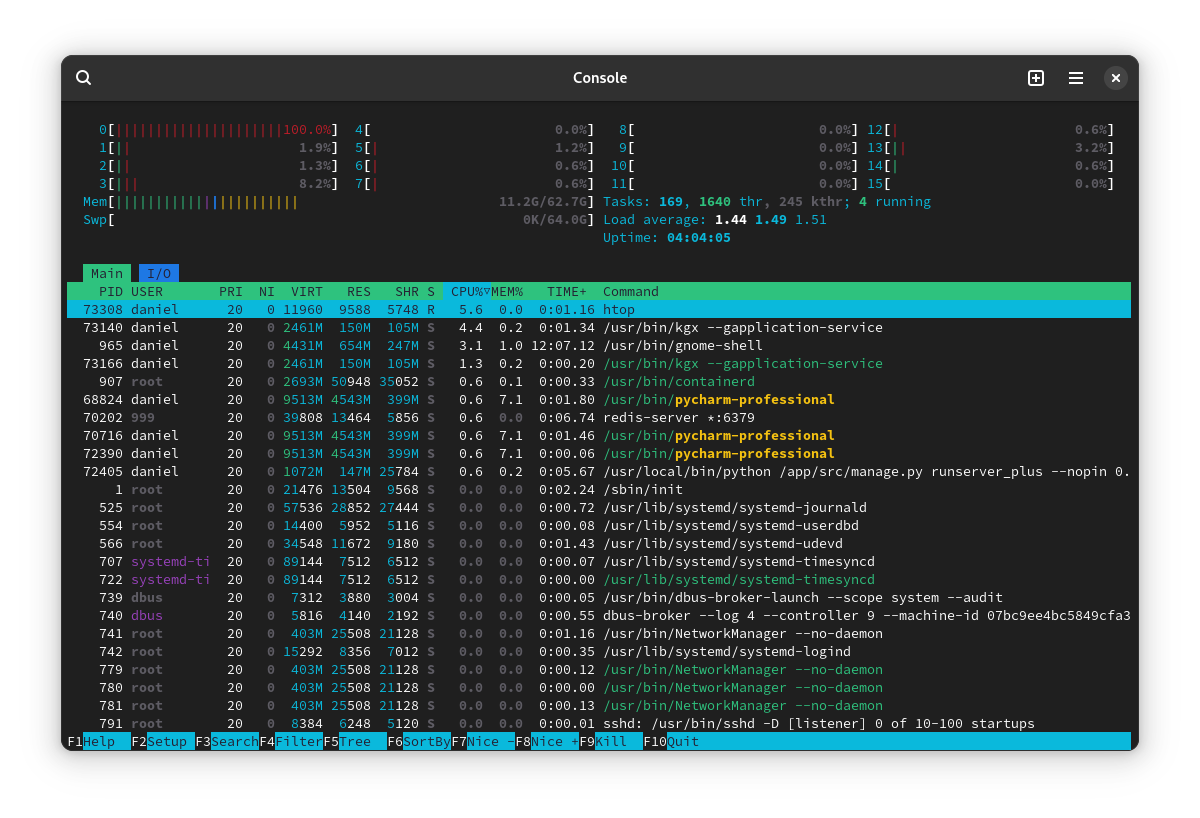Oh I've never used it to find games. I just go to the store pages directly. I didn't even know it had such a feature!
danielquinn
It's pretty good, but my problem is that if a game doesn't run I assume it's because I screwed something up. For example, Synergy, has a platinum rating and it installs just fine, but once started is just do slow for even drawing the starting menu while my CPU goes crazy. Clearly there's a problem with it not using my GPU, but fucked if I know what package I didn't install/configure properly.
Me too! I've been using Steam on Linux for a while, but thanks to American fuckery, I've had to experiment with leveraging Proton in Heroic to play GOG games. It's pretty smooth though. I installed Disco Elysium this morning and it Just Worked™. I then went ahead and bought a bunch of indie games: Dorfromantik, Frostpunk, and Terraformers in GOG's own Sumner sale. Not Canadian games mind you, but also not American ;-)
I've found that GOG generally has around 40% of the games I like on Steam, so I use lists like this to find interesting ones and then check GOG if it's there so I can avoid paying Americans anything.
It doesn't always work. Steam's library is huge, but I'm doing my part for the whole #ElbowsUp thing, and for me, that means sending as little money their way as possible.
...and honestly, targeted sales like this make me think the boycott is properly hurting them.
...sold through an American company.
Why patronise Valve when GOG is right there?
Personally I think it's fantastic and long overdue. Hating genociders is finally "cool" and I am 100% here for it.
Why would the Conservatives bring this government down, when it's doing everything they want and taking the blame?
Exactly this. I came to this conclusion a long time ago, so I guess it's nice to see others coming around to it.
Why do people constantly bring this up as if it was a valid argument? Of course the Conservatives wouldn't have been better. No one is saying that they would have. FFS you have other options.
Yes, I would have millions of Canadians suffer to maintain our right to set our own fiscal policy. The alternative is annexation. Have you seen what the US does to its own citizens? Can you imagine what they would do to Canada as a vassal state?
There's no need to cut trade entirely, simply mirroring their tariffs would be sufficient. If they want lower tariffs, they know what they need to do.
Would I start a war? Obviously not, but I'm not going to fool myself into thinking I'm avoiding one by giving them everything they demand. It has, after all, never worked with any dictator ever in the history of the world. If war is coming, it's because the Americans want it, and we should all be ready. That means building trade and military alliances with actual friends. I think re-tooling the nation's economy on a war-footing would be a good idea too, but before we go that far, I think I'd adopt Doctorow's advice and kill the legislation on digital locks. If the Americans want to treat us like enemies, they should see just what that means. We should "turn off the taps" for oil, gas, and electricity and start encouraging high-skilled Americans to resettle in Canada.
This could be a great opportunity for us: reverse the brain drain and get out from under the US thumb. They've demonstrated that there's no way to deal with them fairly, so now the alternative, albeit the more difficult route, is the only viable option.
What makes you think that he won't further a trade war or drop bombs on Vancouver if we do give him everything he wants? Placating bullies doesn't pacify them, it emboldens them. Canada should be pushing back against the US and dragging the rest of the world with us in the process. Instead, everyone is just falling in line while Trump walks all over us.
If we're really lucky, we'll get to keep some cosmetic sovereignty out of all of this, but I don't like our chances.


I would very much like to do this for code.